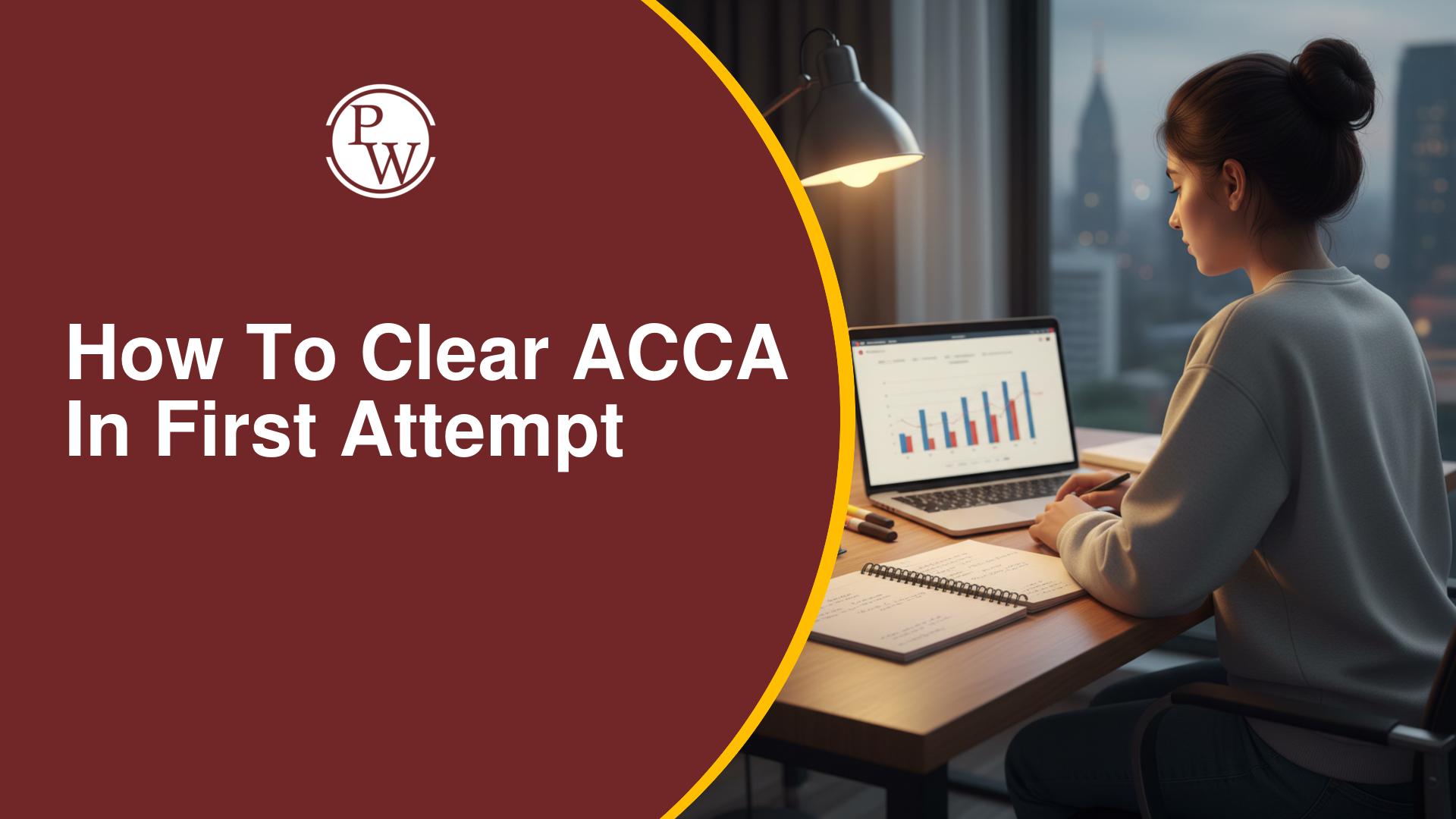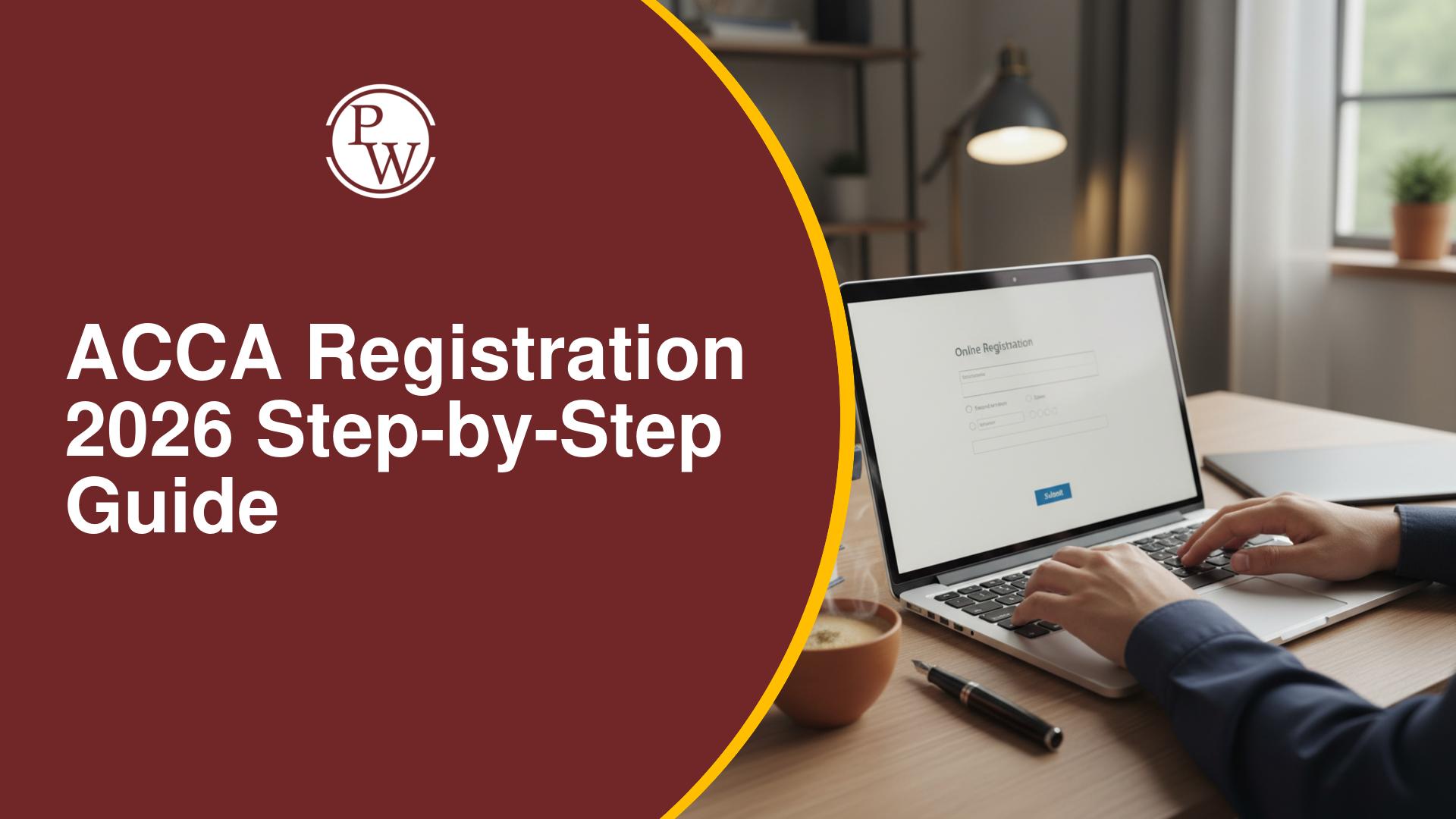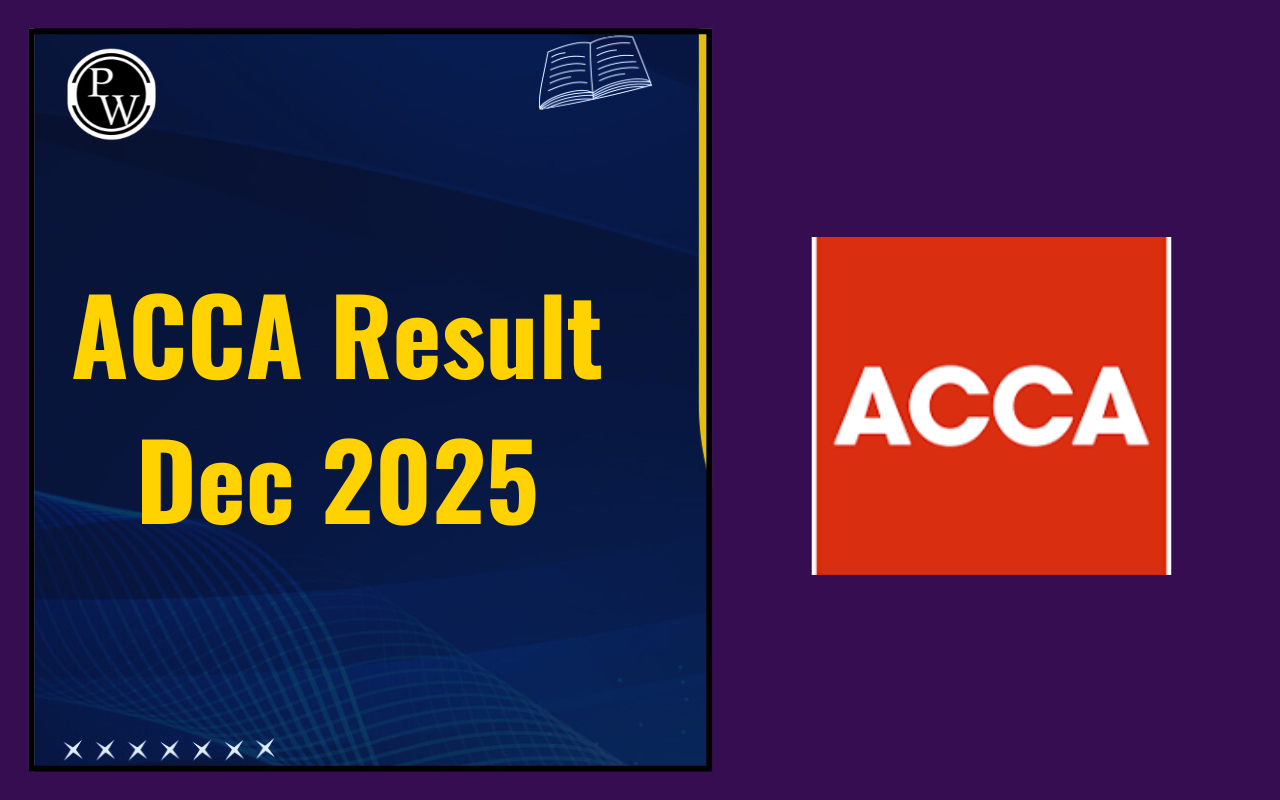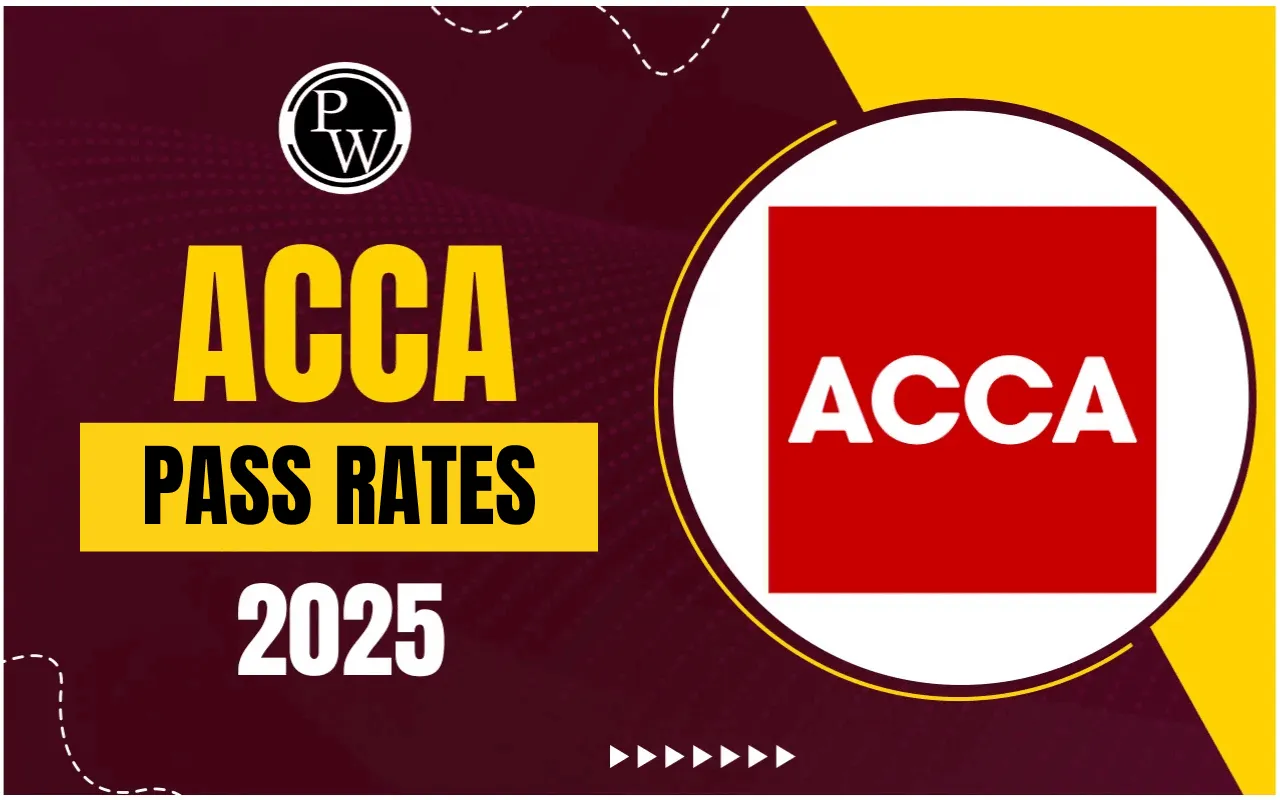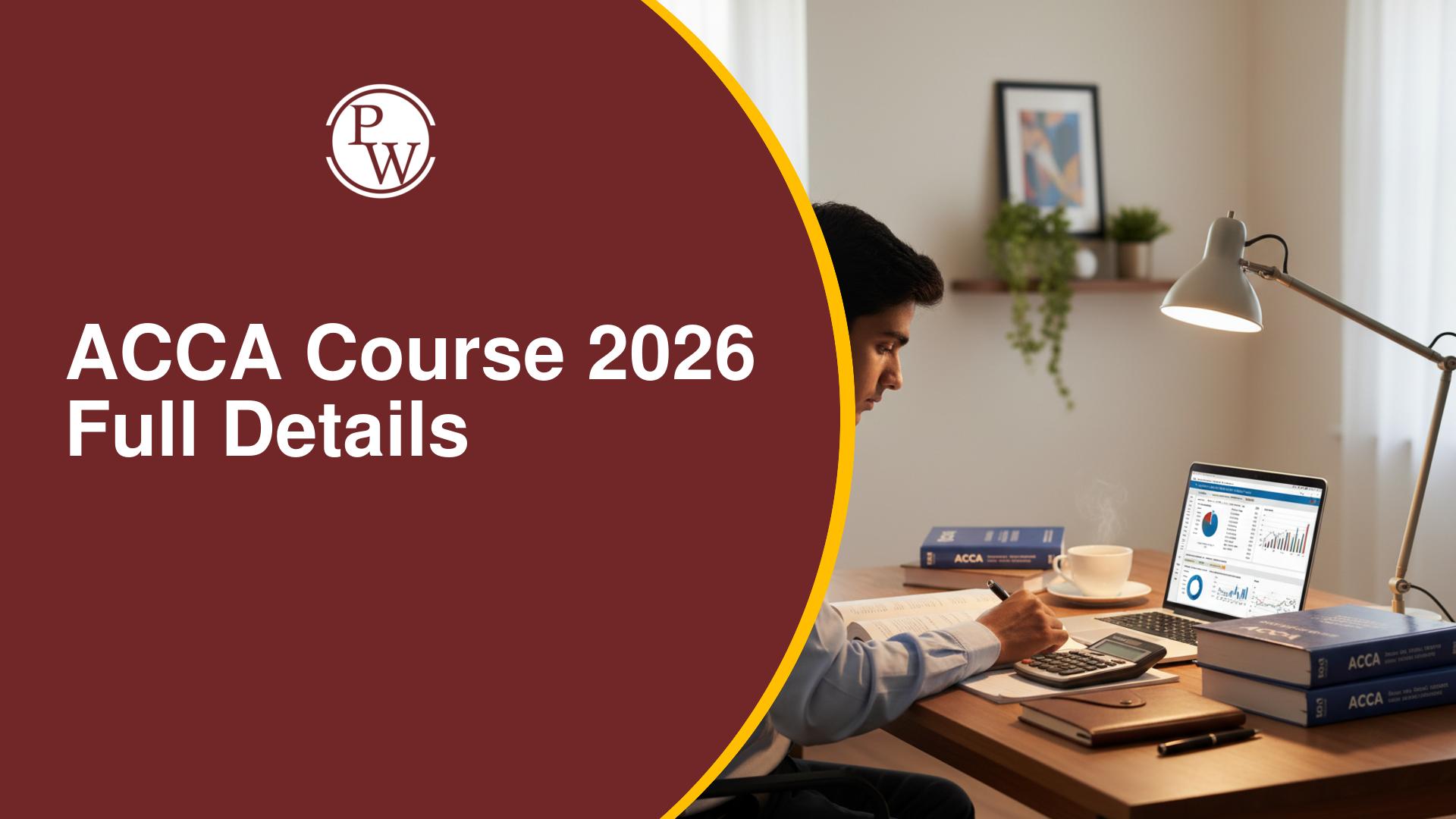
ACCA Success Story: In the competitive field of accounting and finance, clearing the ACCA (Association of Chartered Certified Accountants) examination is a remarkable achievement. Even more extraordinary is achieving All India Rank 2 and World Rank 9 while becoming the youngest ACCA member at just 17 years old.
Meet Dishaan Shah, who accomplished this incredible feat by starting his ACCA journey in class 8 and completing it during class 12. In this exclusive interview, Dishaan shares his inspiring journey, effective study strategies, challenges overcome, and the mindset that helped him crack ACCA at such a young age.
Why did you Decide to Pursue ACCA?
Dishaan: The decision to pursue ACCA stemmed from my genuine passion for accounting and finance. My father is an accountant, so I was introduced to accounting subjects early in my academic years. When I studied these subjects, I felt a natural connection to them, and I knew I wanted to pursue accounting and finance as my profession.
By class 8, I was determined to obtain the ACCA qualification because of its global recognition across over 180 countries. This international credibility was a significant factor in my decision.
Can you Share Details of Your First ACCA Paper Attempt?
Dishaan: I attempted my first ACCA paper - FA (Financial Accountancy) - in class 9 and scored 89%. This result gave me tremendous confidence that I could succeed in this challenging qualification.
From that point forward, I focused on systematically completing each level. I don't believe there's any specific sequence that matters when selecting subjects. My approach was to prepare thoroughly and attempt each paper at the Knowledge level with approximately 3-month intervals between attempts.
What is ACCA FIA Route?
Dishaan: The FIA (Foundations in Accountancy) route in ACCA is specifically designed for candidates who want to pursue the qualification before completing their class 12 examinations. This pathway is similar to the standard ACCA examination structure.
Through the FIA route, students must clear 13 papers in total. All the subjects covered in this route are similar to the typical ACCA exams. I leveraged this route effectively, clearing the first ACCA level in class 9 and completing the skills and professional level by mid-class 12.
What Challenges you Faced During ACCA Journey?
Dishaan: The ACCA journey was certainly challenging. Out of 13 papers, I failed one paper - Strategic Business Leader (SBL) - by just 2 marks. This failure was a wake-up call that led to serious reflection.
After discussing with my father, we identified several reasons for the failure:
-
Overambition: I attempted two professional-level papers simultaneously - Advanced Financial Management (AFM) and SBL - which divided my focus.
-
Poor topic selection: I skipped some topics that I thought were less important for the SBL exam, which proved to be a mistake.
-
Social media distraction: Excessive use of social media was significantly impacting my study time and concentration.
Learning from this failure, I made a crucial decision to avoid social media completely for six months. During this period, I focused solely on my studies without any social media involvement. This disciplined approach helped me analyse my weaknesses and prepare effectively to clear the SBL paper in my next attempt.
How you Handled Distractions During ACCA Preparation?
Dishaan: Getting distracted during demanding entrance exam preparation, especially during school life, is common for most students. My failure in SBL served as both a wake-up call and a point of motivation to eliminate distractions.
While I continued using my mobile phone, I deleted all social media applications that could potentially affect my studies. This selective approach helped me maintain necessary communication while eliminating unnecessary distractions.
Strategies for ATX and Other ACCA Papers
Dishaan: I followed the SEP (Systematic Education Plan) from the beginning of my ACCA preparation. SEP is a systematic approach, and I created a comprehensive chart listing all chapters and topics.
To create the SEP I:
-
Listed all chapters/topics vertically on the chart.
-
Noted the resources for each chapter horizontally.
-
Marked completed chapters daily to track progress.
-
Aimed to complete all topics and resources within one month.
-
Regularly took ACCA mock tests and analysed performance to identify weak areas.
Initially, this system worked excellently for me. However, I became somewhat lenient after completing the Skills Level. Following my SBL results, I recommitted to the SEP system with renewed discipline.
For the ATX exam specifically, I used SEP to ensure comprehensive coverage of all chapters before the exam while improving my problem-solving skills through consistent practice.
Did you Find Time for extra-curriculars With ACCA Preparation?
Dishaan: Absolutely! I've been playing keyboard since class 4, and throughout my ACCA journey, I continued playing as both a hobby and relaxation activity. Additionally, I attended cricket coaching during classes 10, 11, and 12.
With proper time management, it's entirely possible to maintain attention to all aspects of life - health, extra-curricular activities, and academic preparation. The key is disciplined scheduling and sticking to your commitments.
How you Managed School Exams with ACCA Preparation?
Dishaan: I believe students don't need the entire academic year to prepare for school exams. My approach was strategic:
-
3 months before mid-term exams: Dedicated preparation for school exams.
-
3 months before final exams: Focused preparation for school exams.
-
Remaining 6 months: Concentrated ACCA preparation.
-
During school exam periods: No ACCA exam attempts to avoid conflicts.
By dedicating 7-8 hours daily to studies and following this structured approach, I successfully managed both academic commitments.
Suggestions for Clearing ACCA with High Rank
Dishaan: Based on my experience, here are key strategies for ACCA success:
-
Systematic Planning: This is crucial for scoring well in ACCA. Create detailed study plans and stick to them.
-
Immersive Practice: Focus on extensive practice and attempt as many mock tests as possible.
-
Official Resources: Utilise ACCA's official materials including:
-
Examiner reports
-
Past Year Papers (PYPs)
-
Debrief mocks provided 15 days before exams
-
Performance Analysis: Regularly analyse mock test performance to identify and address weak areas.
-
Consistent Effort: Maintain steady progress rather than cramming before exams.
Future Academic Prospects after ACCA
Dishaan: ACCA has partnerships with prestigious universities offering excellent progression opportunities:
Bachelor's Degree Options:
-
Oxford Brookes University: Students completing the first 9 ACCA papers can enroll for a Bachelor's in Applied Accounting degree (valid until May 2026)
-
University of London: After 2026, candidates can pursue a Bachelor's in Professional Accountancy
Master's Degree:
-
University of London: ACCA affiliates (those completing all 13 papers) can enroll for a Master's degree with a duration of just 1 year
These degrees are highly valuable both in India and internationally. The University of London ranks among the top 25 universities globally, while Oxford Brookes University is in the top 50 UK universities. These recognized institutions ensure their degrees are valuable for career opportunities in India and abroad.
How did you Enter the Guinness Book of World Records?
Dishaan: I completed my final ACCA paper in June 2023 and became an affiliate. After 4-5 months, I discovered that the previous record for the youngest person to clear ACCA was 19 years, while I had achieved it at 17.
I approached the Guinness Book of World Records authorities, who requested multiple documents to verify the accuracy of my claim. After providing all required documentation and going through their verification process, they officially recognized my record as the youngest ACCA affiliate.
| Also Check: |
| How To Self-Study For ACCA? |
| Can You Finish ACCA in Two Years? |
| Is ACCA Easy to Crack? |
| Can Indian ACCA Work In Other Countries? |
ACCA Success Story FAQs
What is the success rate of ACCA?
Who is the youngest person to clear ACCA?
Does Oxford accept ACCA?
Does Big 4 hire ACCA in India?
What is ACCA passing marks?



